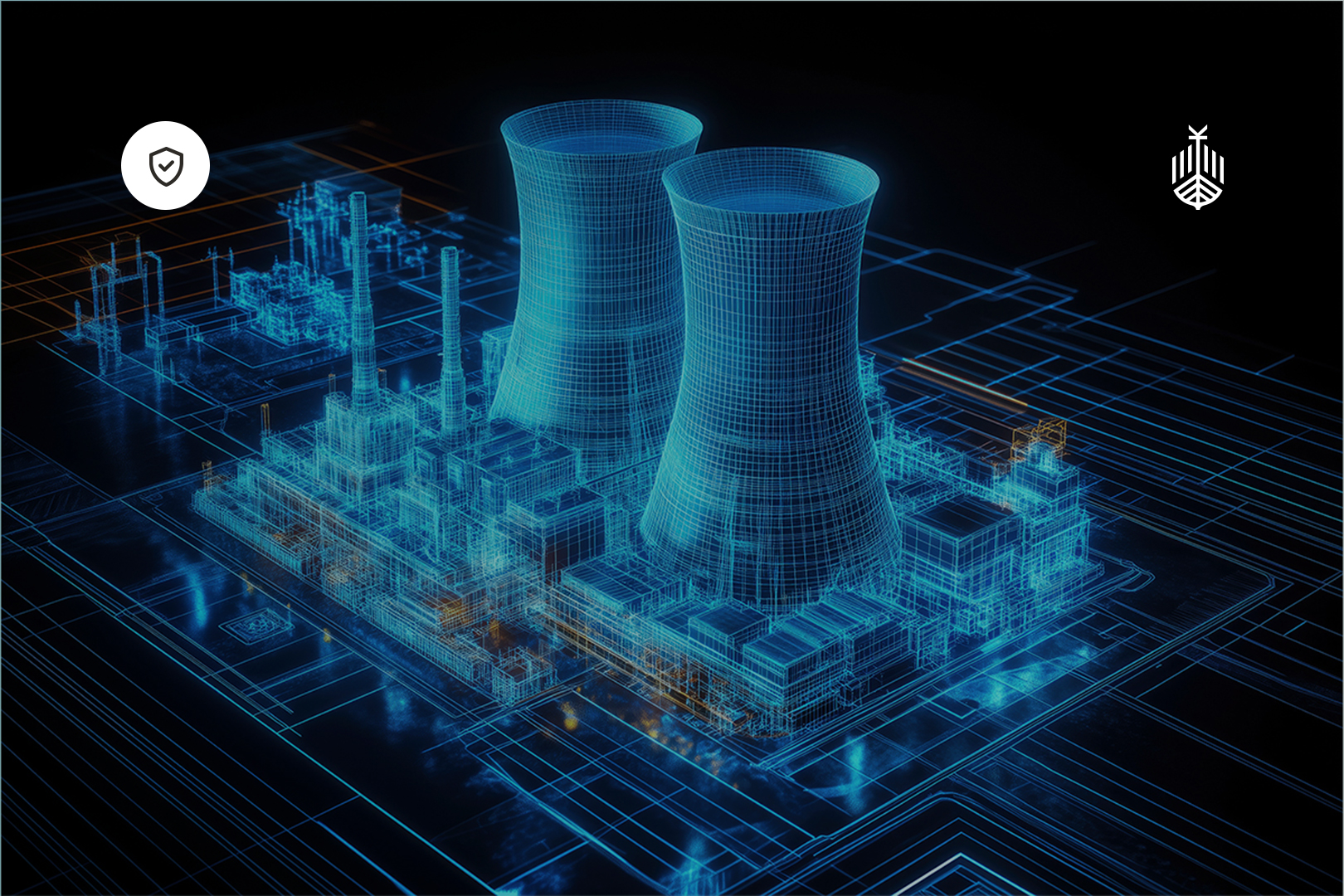Introduction
The Defence sector has frequently been at the forefront of technological advancements, and the integration of Artificial Intelligence (AI) is no exception. From autonomous drones to predictive analytics, AI has the power to revolutionise defence operations and enhance security measures. As European countries continue to invest in AI research and development, the potential for its applications in Defence are vast. In this article, we explore the latest advancements in AI and its global applications.
Due to incredible progress in recent years, the European Defence and Security sector is leading the way in developing and implementing AI technologies for defence purposes. Several countries, including the United Kingdom, France and Germany have made significant investments into the research and development of AI, recognising the potential it has to enhance Defence operations and improve security measures.
Applications
Various areas within the European Defence sector are already significantly impacted by artificial intelligence, including autonomous systems, and more specifically drone technology. AI-powered drones have the capability to conduct surveillance, gather intelligence, and even engage in combat operations without the need for human intervention. These autonomous systems can operate even in complex and challenging environments, providing invaluable support to military forces.
Other applications include predictive analytics. By analysing vast amounts of data, algorithms can identify patterns and trends, helping agencies make more informed decisions and improve strategic planning. This could be utilised to predict enemy movements, or to identify potential threats and vulnerabilities in a nation's security infrastructure.
Additionally, AI is also impacting the field of cyber security. With the increasing frequency and complexity of cyber threats, the technology can play a crucial role in the detection and mitigation of attacks by analysing network traffic, identifying anomalous behaviour, and responding rapidly to bolster the security posture of a state.
Global Development
Countries worldwide are recognising the potential of AI to revolutionise defence operations, enhance security and safeguard their nations. By automating tasks, analysing vast amounts of data, and enabling faster decision-making, AI empowers forces to operate more effectively and efficiently. The following examples illustrate how the technology is used across the globe.
The United States
The United States has been at the forefront of AI advancements in the field of defence. One notable case study is AI-powered unmanned ground vehicles (UGVs) that can autonomously navigate rugged terrains and carry out surveillance tasks. These UGVs provide real-time situational awareness to soldiers, improving their safety and operational efficiency.
China
China is also making significant strides in integrating AI into its Defence capabilities, including deploying it in naval operations. By analysing and interpreting large volumes of data from naval vessels, decisions can be made faster and more accurately.
The Middle East
In the Middle East, Israel has been leveraging AI to strengthen its missile Defence. The country has developed algorithms to detect and track incoming missiles, enabling its Iron Dome system to intercept and destroy threats with incredible precision, significantly improving its ability to protect Israeli citizens.
Europe
In Europe, the Swedish Air Force has integrated AI algorithms into its radar systems, enabling automated detection and tracking of aerial targets. This improves response times and reduces the workload on radar operators, allowing them to focus on other critical tasks.
As AI continues to advance, we can expect even more innovative applications in the field.
The Future
As we look to the future, the potential of AI in the Defence industry is both exciting and promising. The advancements seen in recent years are just the beginning, as the role of the technology will continue to expand and evolve.
An area where we can expect to see significant growth is in autonomous systems. The development of AI-powered drones has already revolutionised surveillance and reconnaissance missions. In the future, we can expect these drones to become even more capable, with the ability to make decisions and take actions without human intervention. This will not only enhance the effectiveness of military operations but also reduce the risks to human personnel.
Another area where AI will play a crucial role is in cybersecurity. As cyber threats become more sophisticated and frequent, algorithms will be essential in detecting and responding to these attacks. With the ability to analyse vast amounts of data and identify patterns, AI can help strengthen a nation's cybersecurity infrastructure and protect critical information.
Additionally, AI will also contribute to strategic decision-making and planning. With predictive analytics, defence agencies can use AI algorithms to analyse data and forecast potential threats and challenges. This will allow for more proactive and efficient response strategies, ultimately enhancing a nation's security.
Ethical considerations
While the future of AI in the Defence industry is filled with possibilities, it is essential to address the ethical considerations and challenges that come with its integration. As AI becomes more autonomous, questions around accountability and the decision-making process will arise. It will be crucial to ensure that AI systems are developed and implemented with robust ethical frameworks in place, taking into consideration human oversight and intervention when necessary.
It is essential to acknowledge the challenges and ethical dilemmas that arise from this technological advancement. Whilst AI has the potential to revolutionise defence operations and enhance security measures, it also presents a range of concerns that must be addressed.
One of the primary challenges is the issue of accountability. As AI systems become more autonomous and capable of making decisions without human intervention, it raises questions about who should be held responsible for the outcomes of these decisions. The lack of human oversight and intervention in critical situations can have significant implications, especially in combat scenarios. It will be crucial to establish clear guidelines and frameworks that outline the roles and responsibilities of humans and AI systems, ensuring that human accountability is not compromised.
Another ethical question that arises is the potential for biases in AI algorithms. AI systems are trained using vast amounts of data, which can include biases that exist in the real world. If these are not adequately addressed and mitigated, AI systems could perpetuate and amplify discriminatory practices. It is crucial to ensure that AI algorithms are developed and trained using diverse and representative data sets, and that there are mechanisms in place to detect and correct biases.
Additionally, the integration of AI raises concerns about the erosion of human judgement and decision-making. Whilst algorithms can process and analyse vast amounts of data, human intuition, experience and ethics play a vital role in complex decision-making processes. Striking the right balance between AI automation and human judgement will be critical to avoid over-reliance on AI systems and maintain human agency.
Conclusion
As we navigate the integration of AI in Defence, it is crucial to address these challenges and ethical dilemmas head-on. By implementing robust ethical frameworks, involving stakeholders from diverse backgrounds, and conducting rigorous testing and evaluation of AI systems, we can ensure that AI is used responsibly and ethically to enhance defence capabilities and protect nations.














